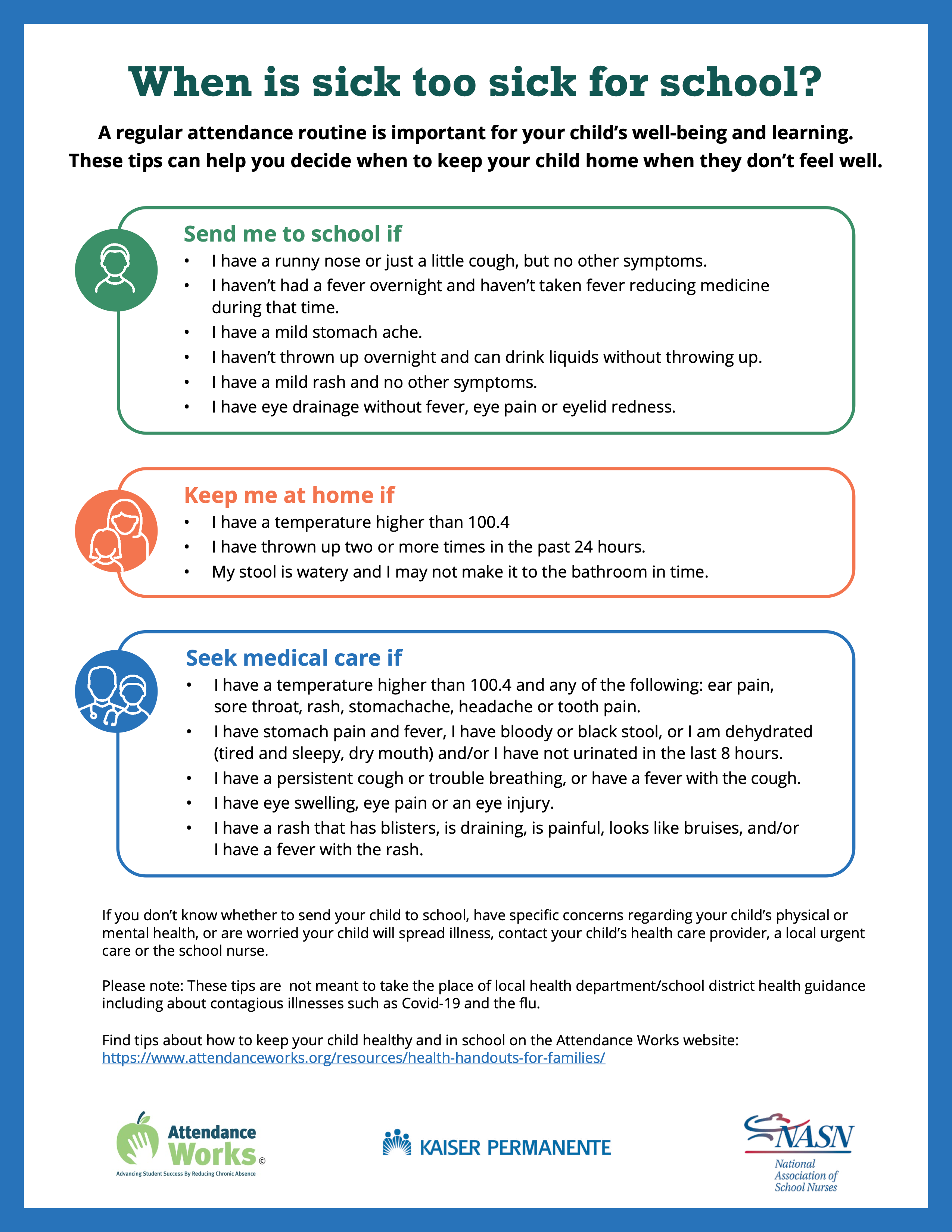Nurse's Office
Welcome to the 2025-2026 School Year at VES
Please take a moment to familiarize yourself with the important information regarding student illness, health, wellness and helpful resources.
Meet Your School Nurse
Hello, My name is Krista Mullen and I have the privilege of working with your children as their school nurse. Please reach out to me with any updates on medications or health concerns. I look forward to collaborating with you and supporting your child's health. I can be reached via email at kmullen@yorkschools.org
Illness Related Absences
If your student is not feeling well, please do not send them to school. All absences must be reported to the school by phone, either through the Front Office or the School Nurse. You may communicate the absence to your child's teacher as well, but direct communication to the nurse is required.
Students must be fever free for 24 hours without the use of fever-reducing medication before returning to school

Health Services Forms and Consents
Mental Health & Emotional Wellness Resource

American Academy of Pediatrics - handouts on managing anxiety, depression, behaviors, etc.
AAP Parenting Website - articles on healthy sleep habits, stress, supporting kids through divorce, etc.
National Alliance on Mental Illness
**Contact your student's health care provider to determine appropriate action to take.
Please reach out to our Nurse or Amanda Benoit, Guidance Counselor, if your student is struggling. We want to support your child in school as they walk through challenging times.
Nutrition Resources

USDA My Plate - Choose to eat healthy!
Does your student need breakfast or lunch? Breakfast and lunch are FREE every school day! Everyone is eligible!
Does your student need meals over the weekend? Please reach out to Amanda Benoit or End 68 Hours of Hunger directly.
Other local resources include York Community Service Association
Oral Health

